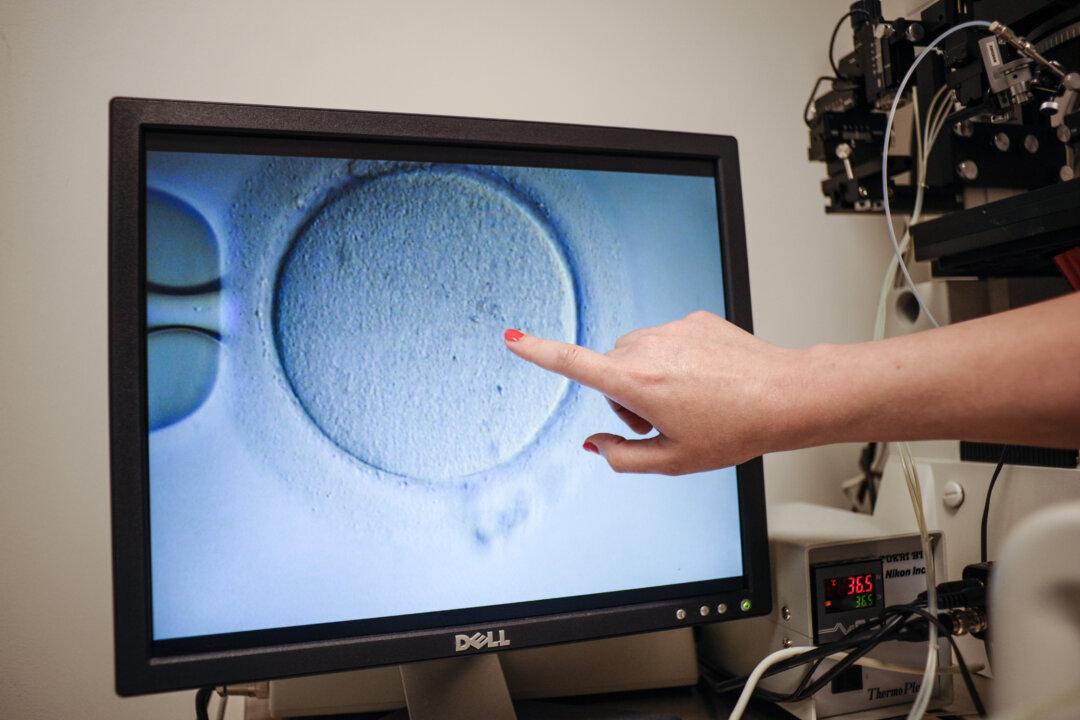Australian Medical Association President Stephen Robson has warned that with the development of IVF technologies, society could be in “big trouble” if wealthier people can select better genes for their babies.
Speaking at the National Press Club in Canberra on Wednesday, Robson said the rising use of IVF technologies could lead to a genetic divide where wealthier people could pick embryos that have a lower risk of disease.
Those less well-off would be locked out of accessing the technology, which can run into the hundreds of thousands.
In-vitro fertilisation (IVF) is a type of assisted reproductive technology used for infertility treatment in which eggs are fertilised outside the body.
Robson said the next big thing in the health sector is to comprehend more and more about human genetics.
“We understand a lot of our health is programmed in our genetics, and I think the big divide is going to come when people use technologies like IVF to select embryos that have genetics, which reduce the risk of disease. And that is the basis of the next generation,” he said.
“We’re seeing this in America at the moment in some places overseas, and the cost of IVF. And the cost of that technology will leave a generation of people alone.”
“So we'll have genetic haves and genetic have-nots, and I think that’s the next frontier, and I share your concern. I think we get to that stage as a society, we’re in big trouble.”
The comment comes after the Victorian government announced that Australia’s first public IVF clinic is set to open in Melbourne to provide free fertility treatment for women having difficulty falling pregnant.“IVF can be a game-changer for people who might be struggling to have a child, but too often and for too many, it’s financially out of reach,” said Victorian Premier Dan Andrews.




